Compare Personal Loans Online
Compare Personal Loan Lenders and Make a Better Loan Decision.
Get Pre-approved Loan Offers
*Representative example: Estimated repayments of a loan of R30 000 over 36 months at a maximum interest rate, including fees of 27.5% APR would be R1 232.82 per month. BetterLoans is an online loan broker and not a lender. Our service is free, and we work with NCR-licensed lenders in South Africa. Interest rates charged by lenders can start as low as 20% APR, including an initiation and service fee determined by the lender. The interest rate offered depends on the applicant’s credit score and other factors at the lender’s discretion. Loan amount R500 – R350 000. Repayment terms can range from 3 – 72 months. The minimum APR is 5%, and the maximum APR is 60%.
Some Lenders We Compare
Navigating the world of personal loans can be a daunting task. BetterLoans aims to simplify the process and help you make informed decisions. We will guide you through the essential factors to consider when comparing personal loans, including interest rates, loan terms, fees, and lender reputation. By leveraging our online resources and comparison tools, you’ll be equipped to find the ideal personal loan tailored to your financial needs and preferences, all from the comfort of your own home. Learn valuable tips and insights that will empower you to make smart borrowing choices.
Compare Personal Loan Lenders In South Africa

Nedbank Personal Loan
- Loan amount: R2 000 - R300 000
- Loan term: 6 - 72 months
- Annual Interest Rate: 11.25% - 28.75%
- Initiation fee: Up to R1 207
- Monthly service fee: R69
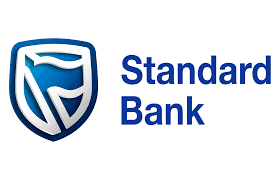
Standard Bank Personal Loan
- Loan amount: R3 000 - R300 000
- Loan term: 12 - 72 months
- Annual Interest Rate: 7.75% - 25.75%
- Initiation fee: R1 207
- Monthly service fee: R69

Old Mutual Personal Loan
- Loan amount: R2 000 - R250 000
- Loan term: 3 - 72 months
- Annual Interest Rate: Up to 27.25%
- Initiation fee: R165 + 10% of the loan amount. Max. R1 050
- Monthly service fee: R60

WesBank Personal Loan
- Loan amount: R5 000 - R300 000
- Loan term: 24 - 72 months
- Annual Interest Rate: 18.35% - 28.75%
- Initiation fee: R69
- Monthly service fee: Up to R1 207
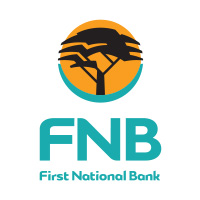
FNB Personal Loan
- Loan amount: Up to R300 000
- Loan term: 1 - 60 months
- Annual Interest Rate: 17% - 28.75%
- Initiation fee: Up to R1 207
- Monthly service fee: R69
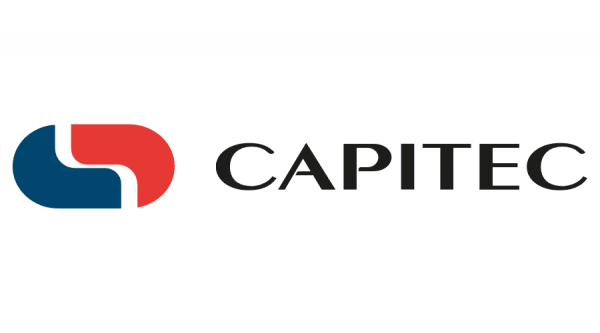
Capitec Bank Personal Loan
- Loan amount: R1 000 - R250 000
- Loan term: 7 - 84 months
- Annual Interest Rate: 13.25% - 28.75%
- Initiation fee: R1 207
- Monthly service fee: R69
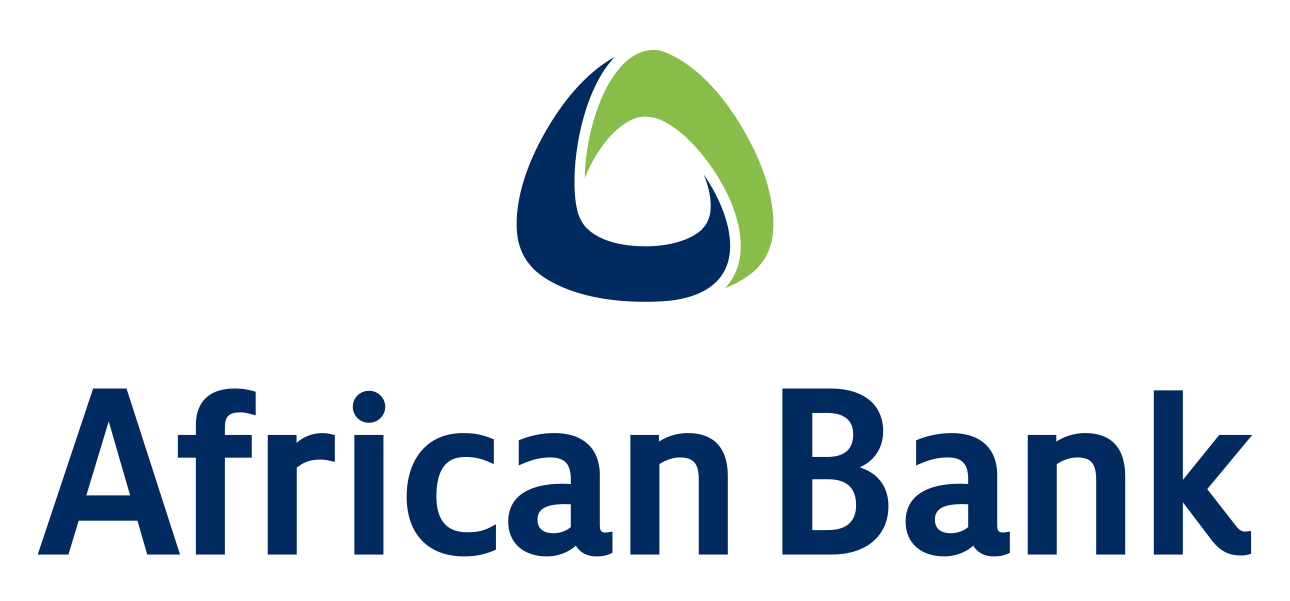
African Bank Personal Loan
- Loan amount: R2 000 - R350 000
- Loan term: 7 - 72 months
- Annual Interest Rate: 12% - 24.5%
- Initiation fee: R1 197
- Monthly service fee: R69
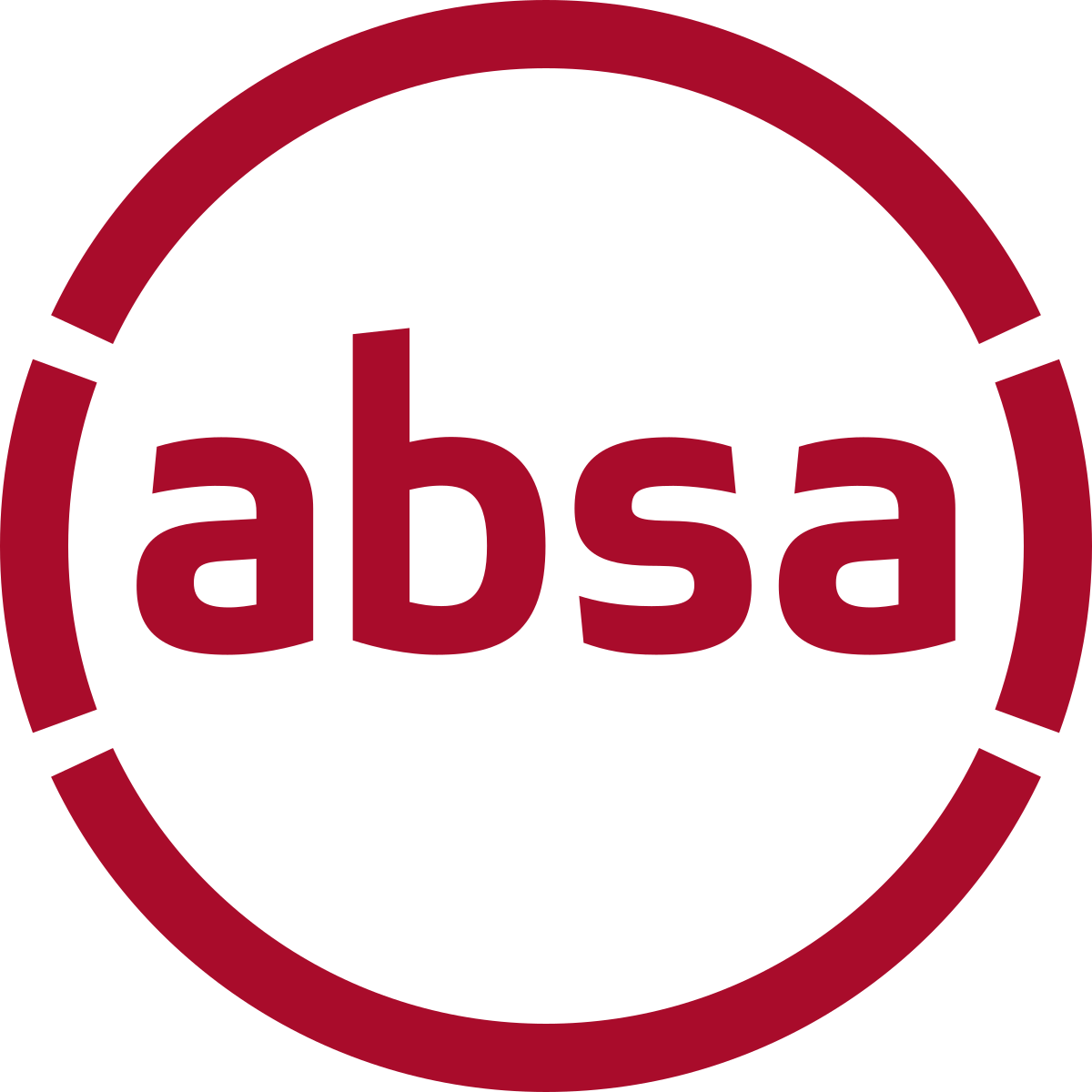
Absa Personal Loan
- Loan amount: R3 000 - R300 000
- Loan term: 12 - 84 months
- Annual Interest Rate: 11% - 28%
- Initiation fee: Up to R1 207
- Monthly service fee: R69

Sanlam Personal Loan
- Loan amount: R5 000 - R300 000
- Loan term: 12 - 72 months
- Annual Interest Rate: 16% - 28.75%
- Initiation fee: n/a
- Monthly service fee: R69

Capfin Personal Loan
- Loan amount: R8 500 - R50 000
- Loan term: 12 months
- Annual Interest Rate: Up to 28.75%
- Initiation fee: R69
- Monthly service fee: R535

Finchoice Personal Loan
- Loan amount: Up to R40 000
- Loan term: 6 - 24 months
- Annual Interest Rate: n/a
- Initiation fee: n/a
- Monthly service fee: n/a
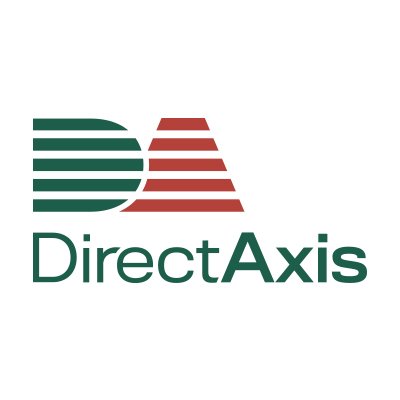
DirectAxis Personal Loan
- Loan amount: R5 000 - R300 000
- Loan term: 24 - 72 months
- Annual Interest Rate: Up to 28.75%
- Initiation fee: Up to R1 207
- Monthly service fee: R69
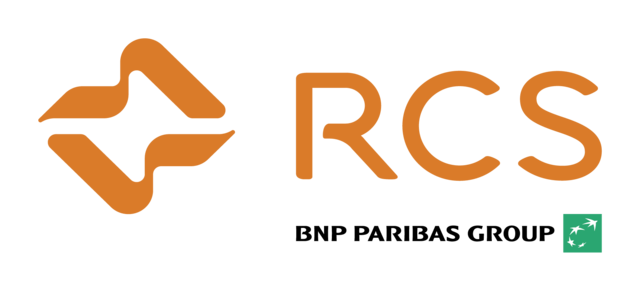
RCS Personal Loan
- Loan amount: R1 000 - R250 000
- Loan term: 12 - 60 months
- Annual Interest Rate: 15% - 28.75%
- Initiation fee: R1 207
- Monthly service fee: R69

Letsatsi Finance Personal Loan
- Loan amount: R1 000 - R50 000
- Loan term: 7 - 13 months
- Annual Interest Rate: Up to 28.75%
- Initiation fee: n/a
- Monthly service fee: n/a
Why Compare Personal Loans
By comparing personal loans, borrowers can identify the most favourable loan terms and conditions, ultimately saving money and ensuring a smooth borrowing experience.
The importance of comparing personal loans is that lenders offer varying interest rates, loan amounts, repayment terms, and fees. A thorough comparison allows borrowers to find loans with competitive interest rates, which can significantly reduce the overall cost of borrowing. The cost of borrowing is especially important for individuals with bad credit scores, who face higher interest rates.
Comparing loan amounts and repayment terms enables borrowers to find loans that match their budget and financial capacity. Longer repayment terms lead to lower monthly payments but higher overall interest costs, while shorter terms result in higher monthly payments but lower overall costs. Borrowers can strike a balance that suits their specific needs by assessing these factors.
Fees and charges associated with personal loans can also vary among lenders. Through comparison, borrowers can identify lenders with minimal costs, making the loans more cost-effective. Some fees include initiation fees, monthly service fees, early settlement fees, and late penalty fees.
Additionally, comparing personal loans helps borrowers gauge lenders’ reputations and the quality of their customer service. By considering online reviews and lender reputations, borrowers can ensure they choose a reliable and trustworthy lender.
Lastly, the comparison process enables borrowers to understand their eligibility for various loans based on factors such as credit score, income, and financial situation. This knowledge helps them focus on lenders that cater to their specific circumstances, streamlining the application process and increasing the likelihood of approval.
What Is a Personal Loan
A personal loan is mainly an unsecured loan that allows consumers to borrow money for various purposes. It typically involves fixed interest rates, with repayment terms ranging from 1 to 7 years. The loan amount and interest rate offered depend on the borrower’s credit score and income.
Pros of Personal Loans
Personal loans in South Africa offer many advantages for borrowers in need of funds for a variety of purposes.
- Personal loans do not require collateral. This means that borrowers are not at risk of losing valuable assets, such as their homes or vehicles, in case of default.
- Personal loans can range from R2 000 to R350 000 (ZAR). This wide range between the minimum and maximum loan amount makes personal loans suitable for different small and large financial needs.
- Personal loans offer fixed interest rates. Borrowers can calculate the loan repayment amount that better fits their risk tolerance.
- With repayment terms ranging from 1 to 7 years, personal loans provide borrowers with the flexibility to select a term that matches their budget and ability to repay the loan.
- Although personal loans can have fees and charges in addition to the interest rate, they are generally lower than those associated with other forms of credit, such as credit cards. This can make personal loans more cost-effective for borrowers.
- The credit check process for personal loans in South Africa helps ensure responsible borrowing, as lenders approve loans based on the borrower’s ability to repay.
- Personal loans can be applied for online or in person, with online applications often resulting in faster approvals. This allows borrowers to access funds quickly when needed.
- Personal loans can be used for many purposes, such as home improvements, education, medical expenses, debt consolidation, or large purchases. This flexibility makes personal loans convenient for borrowers.
- Personal loans in South Africa are regulated by the National Credit Act (NCA) and overseen by the National Credit Regulator (NCR). These regulations protect borrowers from unfair lending practices and promote responsible borrowing.
Cons of Personal Loans
Despite offering several advantages, personal loans also come with 7 potential disadvantages.
- The interest rates on personal loans can be higher than those on secured loans or other forms of credit, such as home loans. Lenders in South Africa generally perform credit checks before approving personal loans, and borrowers with less-than-perfect credit scores usually face particularly high-interest rates – making personal loans more expensive.
- While personal loans offer a range of repayment terms, longer loan terms can lead to higher overall interest costs. Borrowers end up paying more over the life of the loan, even with lower monthly payments.
- Personal loans can come with additional fees and charges, including initiation fees, service fees, early settlement fees, and late payment penalties. These additional costs can make personal loans less appealing than other financing options.
- A borrower’s loan approval is not guaranteed. The lender’s decision depends on creditworthiness, income, and financial situation.
- Personal loans in South Africa typically have fixed monthly instalment schedules, which are not be suitable for borrowers with irregular income or those who prefer more flexible repayment options.
- Personal loans can lead to a debt trap for borrowers who struggle to manage their finances responsibly. Taking out multiple loans or using personal loans to cover everyday expenses can result in escalating debt that becomes difficult to repay.
- Personal loans do not provide sufficient funding for significant financial needs, such as purchasing a home or starting a business. In such cases, other types of loans, like home loans or business loans, are more suitable.
How to Apply for a Personal Loan Online
The easiest way to apply for a personal loan is to use BetterLoans. Our service allows you to get a list of pre-approved loans from lenders you are eligible to get a loan from. All this with only one application. However, traditionally, you would do the following:
- Assess your financial needs: Determine the purpose of the loan and the amount you require. Consider your current financial situation and ability to repay the loan to ensure responsible borrowing.
- Check your credit score: Your credit score significantly determines your eligibility for a personal loan and the interest rates and loan terms offered. Review your credit report and correct any errors before applying to improve your credit score.
- Research lenders: There are various lenders in South Africa, including banks, credit unions, and online financial institutions. Investigate each lender’s reputation, loan products, interest rates, fees, and terms to find one that best suits your needs.
- Compare loan options: Utilize a platform like BetterLoans to compare personal loans or gather information from multiple lenders to compare interest rates, fees, loan terms, and other features. Compare loans to help you find the most competitive and suitable loan for your financial situation.
- Prepare necessary documentation: Most lenders require specific documentation during the application process. Typical documents include:
- Proof of identification (ID, passport, or driver’s license)
- Proof of income (payslips, bank statements, or tax returns)
- Proof of residence (utility bill or rental agreement)
- Proof of employment (employment contract or letter from your employer)
- Financial statements and a list of monthly expenses
- Submit your application: Personal loan applications can be submitted online or in person at a lending institution. Complete the application form accurately and provide all required documentation to avoid delays in the approval process.
- Await approval: Lenders will review your application and assess your creditworthiness. The review process includes verifying your income, employment, and credit history. Approval times can vary but are generally faster for online applications, sometimes within hours.
- Sign the loan agreement: Once your loan is approved, the lender will provide a loan agreement outlining the terms and conditions, including the loan amount, interest rate, repayment schedule, and fees. Carefully review the agreement, and sign the document if you agree to the terms.
- Receive funds: After signing the loan agreement, the lender will disburse the loan amount to your bank account. The time it takes for the funds to be available vary depending on the lender.
What Are the Requirements to Qualify for a Personal Loan?
The requirements for a personal loan in South Africa vary slightly among lenders. Generally, there are standard requirements that borrowers need to meet. Here are the main requirements:
- Applicants must be at least 18, the legal age to enter a binding contract in South Africa.
- Citizenship or residency: Applicants should be either South African citizens or permanent residents, as evidenced by a valid South African ID or permanent residency document.
- Proof of income: Borrowers must have a stable and regular source of income to demonstrate their ability to repay the loan. Source of income can include employment, self-employment, or other consistent sources of income. Lenders require recent payslips, bank statements, or tax returns as proof of income.
- Employment status: Some lenders require borrowers to be employed full-time, while others accept part-time or contract work. The lender will require your employment contract or a letter from your employer.
- Credit history: Lenders will review your credit history to assess your creditworthiness and past repayment behaviour. A good credit score can increase your chances of loan approval and result in more favourable interest rates and terms. However, some lenders offer personal loans to individuals with poor credit scores, albeit at higher interest rates.
- Debt-to-income ratio: Lenders assess your loan affordability with debt-to-income (DTI) ratio, which is the percentage of your monthly income used to cover debt payments. A lower DTI ratio indicates sufficient income to manage additional debt, while a higher ratio signals financial strain. Most lenders prefer a DTI ratio below 36%.
- Bank account: Borrowers are typically required to have an active South African bank account in good standing. The lender will deposit the loan funds into this account upon approval.
- Proof of residence: Lenders require proof of residence to confirm your address, such as a utility bill, rental agreement, or mortgage statement.
While these requirements serve as a general guideline, it is important to remember that requirements vary among lenders. Therefore, it is crucial to research and understand the specific needs set by the lender of your choice before applying for a loan in South Africa.
Personal Loan Calculator
BetterLoans personal loan calculator helps you estimate your monthly repayments, total interest paid, and overall loan cost effortlessly. By inputting your desired loan amount, interest rate, and repayment term, our calculator will provide a clear and comprehensive breakdown of your potential personal loan, enabling you to make well-informed decisions. Empower yourself by comparing various loan scenarios and discovering the most cost-effective solution tailored to your financial needs.
Why Use BetterLoans to Compare Personal Loans
In essence, BetterLoans – personal loan comparison services provide a valuable resource for simplifying decision-making, saving time, and identifying more favourable personal loan terms for consumers.
BetterLoans enable individuals to analyse differences and evaluate options among various personal loan providers. We help users efficiently assess important factors, such as interest rates, loan amounts, repayment terms, fees and charges, approval processes, and credit requirements. By comparing these aspects, potential borrowers can make informed decisions that best suit their financial needs.
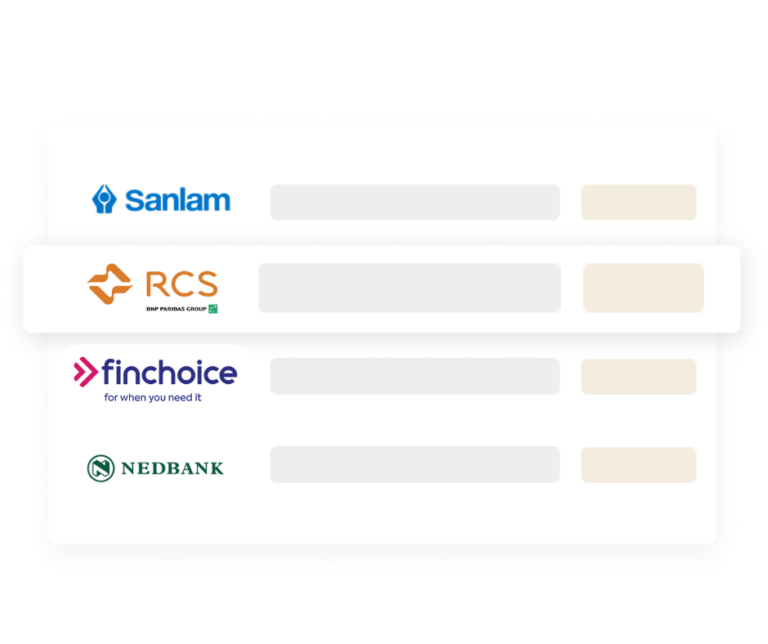
Additionally, BetterLoans often consider lender reputation, flexibility, customer service, and online reviews, ensuring that users comprehensively understand their options before committing to a personal loan.
How to Choose the Best Personal Loan
To choose the best personal loan in South Africa, compare loan terms such as interest rates, loan amounts, and repayment schedules from multiple lenders. Consider your financial needs, budget, and credit score when assessing loan options.
In addition to loan terms, evaluate the lender’s history, reputation, and customer reviews to ensure they are reliable and trustworthy. Verify that the lender holds is regulated by the National Credit Regulator (NCR) under the National Credit Act (NCA). Using regulated lenders will help protect you from unfair lending practices. By comparing and evaluating lenders’ credibility, you can confidently choose a personal loan that suits your needs and provides a positive borrowing experience.
Frequently Asked Quetions (FAQ)
Can personal loans be consolidated?
Yes, personal loans can be consolidated. Consolidating multiple personal loans involves taking out a new loan to pay off the outstanding balances of the existing loans. This process simplifies debt management by combining several loans into one monthly payment, often with a lower interest rate and extended repayment period. Debt consolidation can reduce your overall interest costs and make repayments more manageable. However, it is essential to carefully assess the new loan’s terms, fees, and interest rates to ensure that consolidating personal loans is beneficial for your financial situation.
Do personal loans hurt your credit?
Personal loans can positively and negatively impact your credit, depending on how responsibly you manage the loan.
Positive impact:
- On-time payments: Making your monthly payments on time and in full will help build a positive payment history, which is a critical factor in determining your credit score.
- Credit mix: Adding a personal loan to your credit portfolio can improve your credit mix, which is the variety of credit types you have. This diversification can have a favourable effect on your credit score.
Negative impact:
- Credit check: When you apply for a personal loan, lenders typically perform a hard credit check, which can cause a temporary drop in your credit score.
- Increased debt: Taking on a personal loan adds to your overall debt. A high debt-to-income ratio can negatively impact your credit score.
- Late or missed payments: Failing to make timely and complete loan repayments will harm your credit score, as payment history is a significant component of your credit profile.
Can personal loans be forgiven?
Personal loans are typically not eligible for forgiveness because they are issued by private financial institutions like banks, credit unions, or online lenders, rather than government or nonprofit organizations.
However, in rare cases or extreme financial hardship, you can negotiate a settlement or a reduced payment plan with your lender. The negotiation will depend on the lender’s policies and your circumstances. Keep in mind that settling a personal loan for less than the owed amount may negatively impact your credit score.
Are personal loans secured or unsecured?
Although unsecured personal loans are more common in South Africa, you can also get a secured personal loan. The difference between secured and unsecured personal loans is below:
Secured personal loans require the borrower to provide collateral, such as a car, property, or other valuable assets, to ensure the loan. The collateral acts as a guarantee that the lender can seize and sell if the borrower fails to repay the loan. As a result, secured personal loans generally have lower interest rates. They are easier to obtain, even for borrowers with a lower credit score.
Unsecured personal loans: These loans do not require collateral. Lenders rely on the borrower’s creditworthiness, financial history, and loan repayment ability. Unsecured personal loans typically have higher interest rates because they pose a higher risk to lenders. A strong credit score and stable income are often necessary to qualify for an unsecured personal loan.
Can personal loans sue you?
If you default on a personal loan, the lender may take legal action against you to recover the outstanding debt. Before pursuing legal action, lenders typically attempt to resolve the issue through communication and negotiations, which may include offering a modified repayment plan or debt settlement.
If these attempts fail and you continue to default on the loan, the lender can sue the borrower.
Do personal loans require a down payment?
Personal loans generally do not require a down payment. Personal loans provide borrowers with a lump sum of money upfront, which is then repaid over a set period through fixed monthly instalments. Down payments are typically associated with secured loans, such as mortgages or auto loans, where the borrower needs to provide an initial payment to secure a portion of the loan amount or asset’s value.















